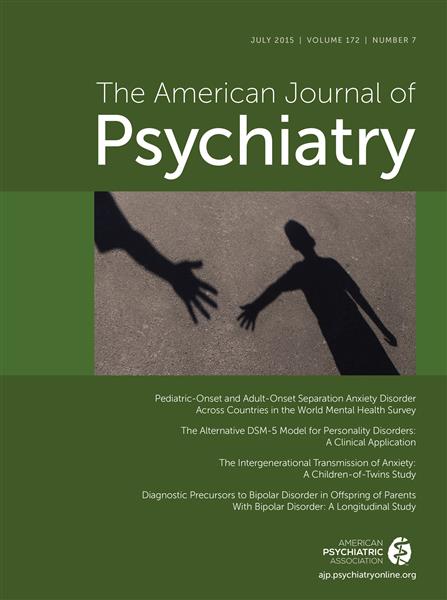Late-Onset ADHD Reconsidered With Comprehensive Repeated Assessments Between Ages 10 and 25
Sibley MH, Rhode LA, Swanson JM, et al. American J Psychiatry, Published online Oct 2017.
This analysis from a longitudinal study showed that individuals seeking assessment and treatment for ADHD in yong adulthood were more likely to have symptoms representing non-impairing cognitive functions or the cognitive effects of substance use. The authors highlight the likelihood of false positive cases of late-onset ADHD and urge clinicians to carefully assess impairment, psychiatric history and substance use before commencing treatment.
http://ajp.psychiatryonline.org/doi/abs/10.1176/appi.ajp.2017.17030298


